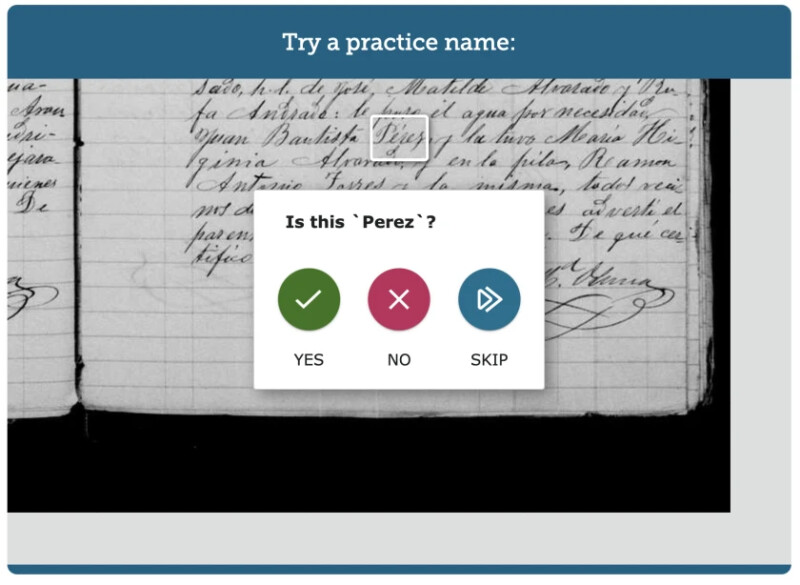The intersection between FamilySearch and today’s digital age has made for some incredible advances and opportunities to discover our ancestors. FamilySearch has enjoyed a massive surge in the availability of digitized historical documents, and artificial intelligence may just be the key to indexing them all.
Since the 1940s, FamilySearch has sent people with cameras across the world to capture and preserve historical documents such as old church register books or censuses. FamilySearch senior product manager John Alexander told Deseret News that now they have more historical documents than they can keep up with.
“Here’s the problem that we’ve been having: in order for those images to be useful and accessible for people to find their families on them, they need to be indexed,” he said.
Only about 20% of the documents FamilySearch has access to today have been indexed. And while more than 2.6 billion historical resources have been indexed and are usable, more than 5 billion additional documents are still waiting. And new documents are being added to that waiting list at a historically high rate: roughly 1 to 2 million more are added every day.
“Even though we’ve tried to grow our family search indexing and get more people involved, digitization has gotten so much faster, we can’t keep up,” Alexander told Deseret News. “We can’t index all of the images coming in the door.”
So a new artificial intelligence is currently being tested and “taught” to read English, Spanish, and Portuguese, with plans for Italian later this year.
► You may also like: These women are making family history more inclusive—and they might help you love your own lineage
“In just a couple of hours, the computer can index more than you or I could do in a whole lifetime if we did nothing besides indexing for the rest of our lives,” Alexander told Deseret News. “So in terms of efficiency, it’s very fast.”
But a computer will always make mistakes, so human indexers will always be needed for quality assurance checks. One new opportunity was launched at RootsTech 2022 that allows human volunteers to look through what the AI thinks a record says and accept, deny, or skip the information presented.
“The computer automation isn’t going to replace our volunteer indexers,” Alexander told Deseret News. “If anything, we need more of them.”
► You may also like: Why actor Sean Astin’s daughter has fallen in love with family history


